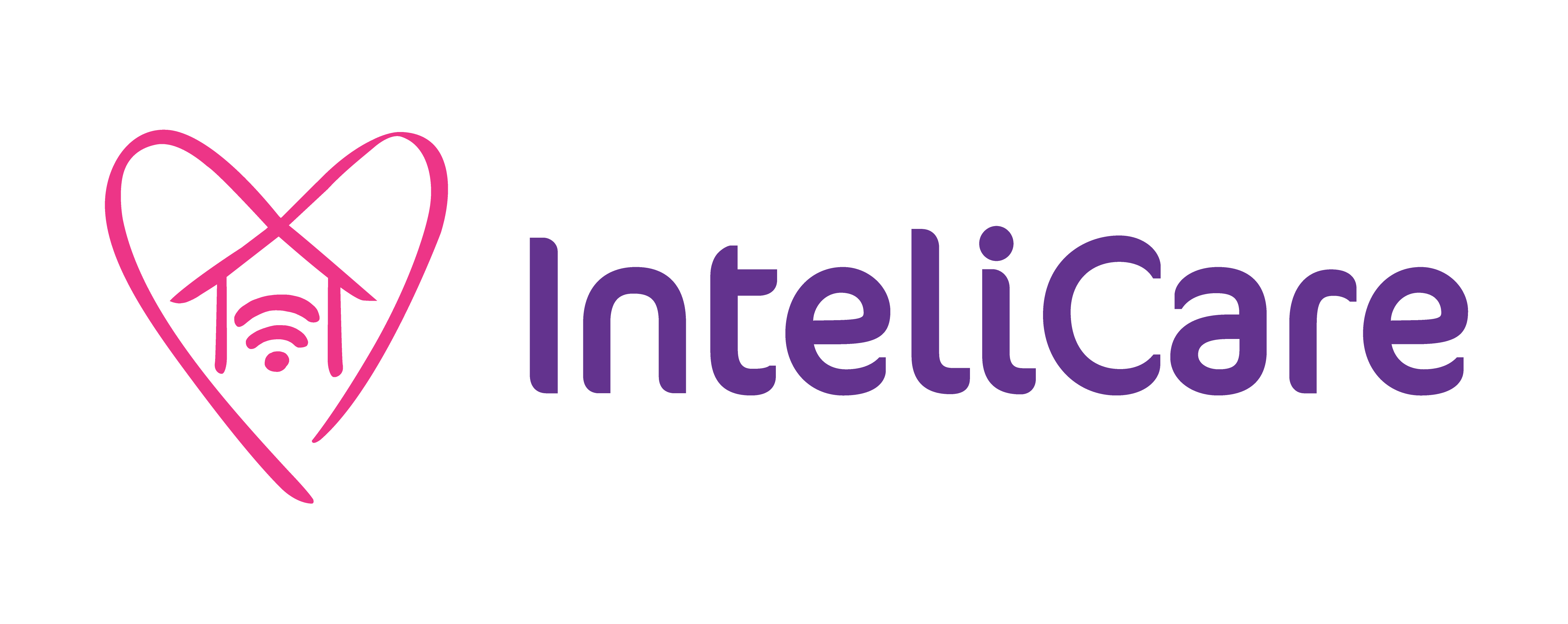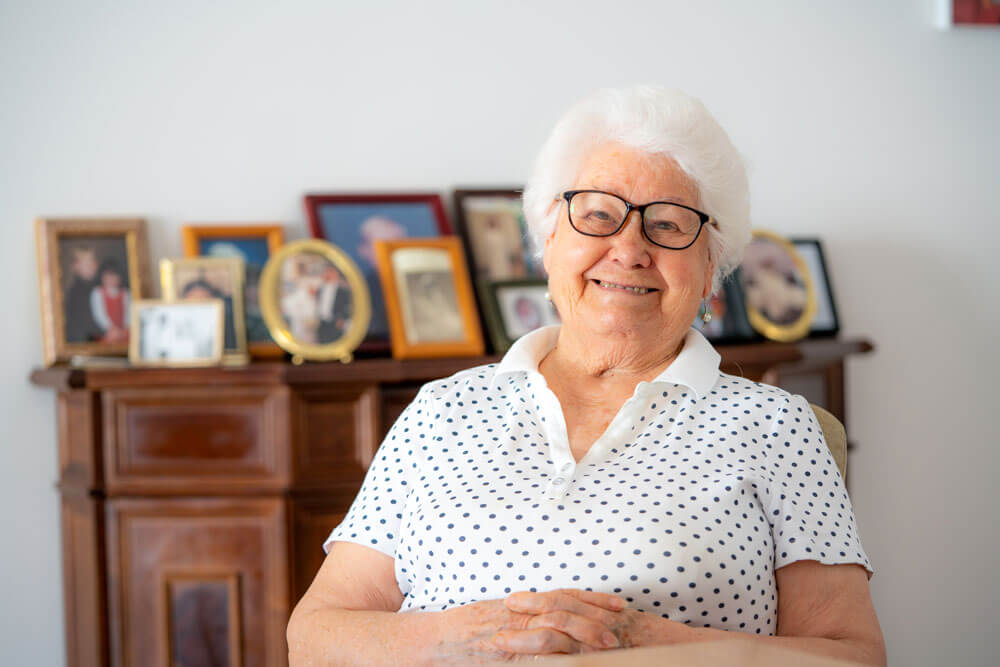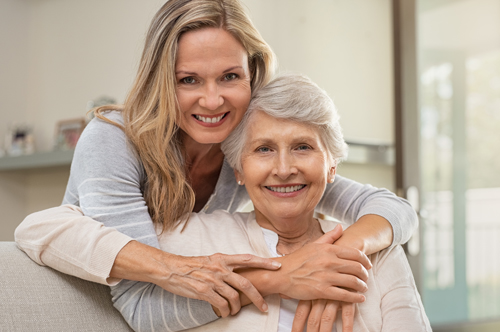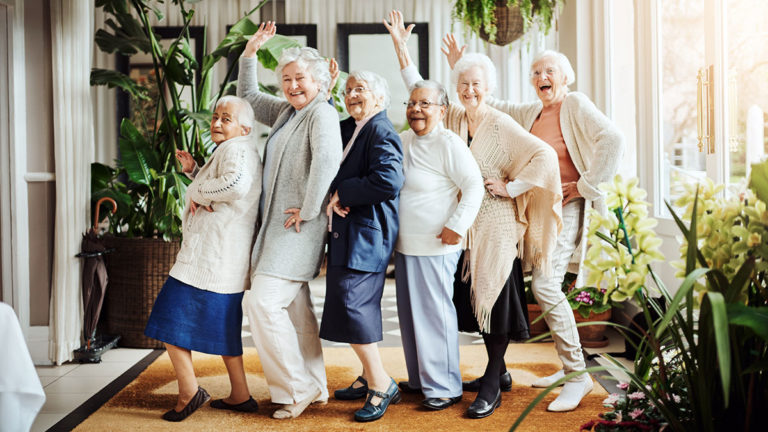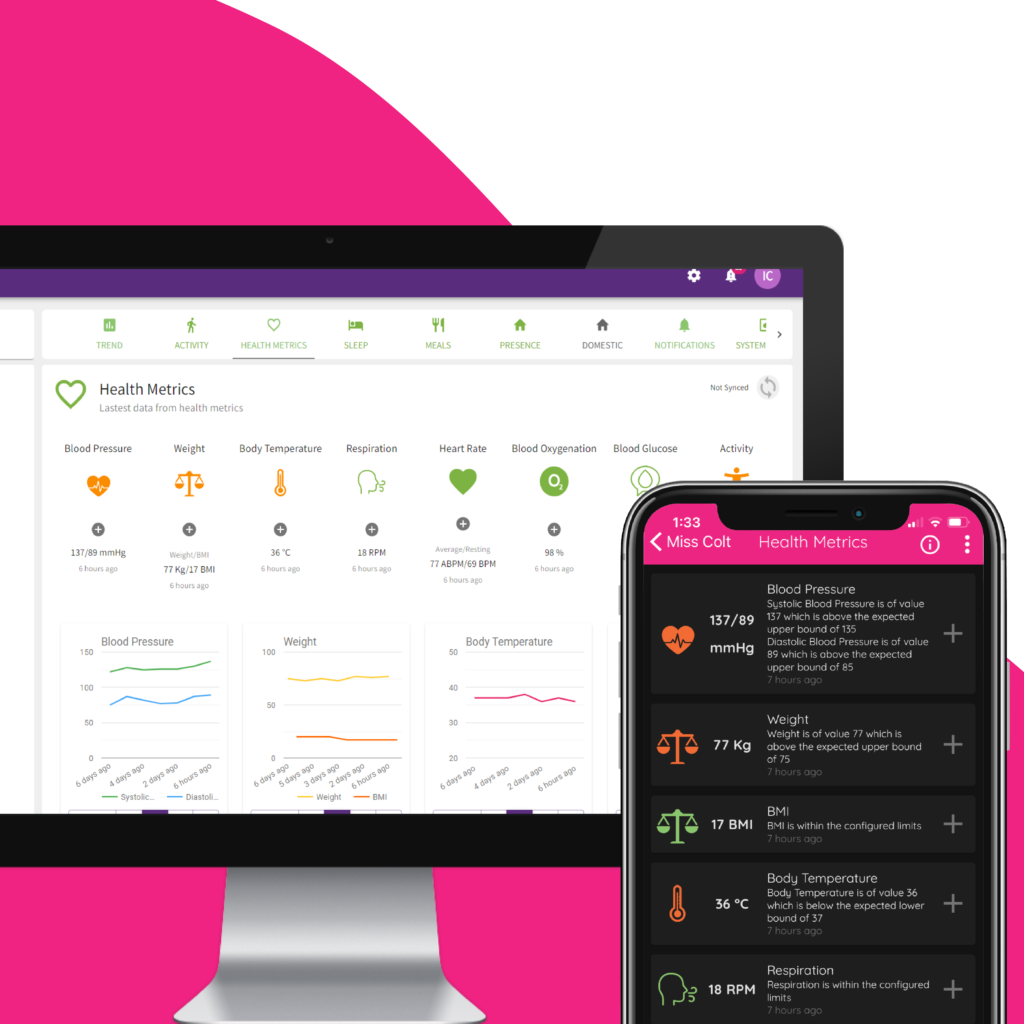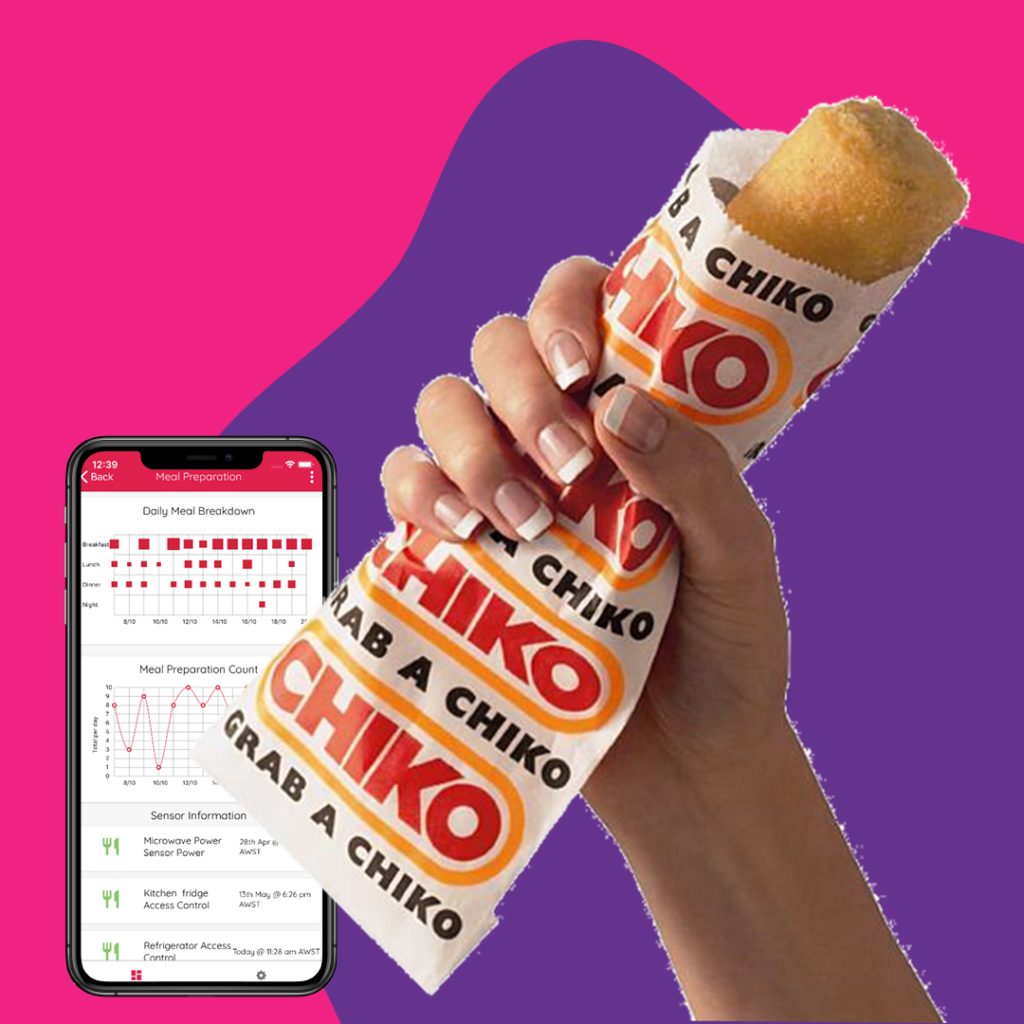The ups and downs of the COVID-19 pandemic have shown us how important technology is to stay connected with each other, especially when caring for our ageing parents.
We all understand the threat COVID-19 is to our seniors and why distancing is necessary, and recent studies have shown the elderly are also at greater risk of deteriorating mental and physical health from social isolation.
Our ageing parents are disconnected from their family, friends, and community, and we need to care for them now more than ever.
While we’re unable to visit them, we can be smarter about how we care for them by adopting new technology designed to keep them happier and safer.
What you’ll need
Before you go out and buy new technology to help your elderly parent or grandparent, first you’ll need to check they have an adequate internet connection. Otherwise, you’ll have some amazing technology, but you won’t be able to use it or help care for your elderly parent.
Home WiFi
For most technology for elderly people at home, they will need a decent WiFi connection to cover most of the house.
Many technology providers, including InteliCare, can provide support if there is no internet connection in the home.

Image: Telstra
Tip: If you’re finding the WiFi drops out in certain areas of the house or yards, look into getting Mesh WiFi to extend the internet signal to every corner of the property. Knowing the technology is always connected will give you peace of mind.

Image: PC World
Smartphone
If you’re using technology for your elderly parent outside their home, you may need to connect the technology to a phone with an internet connection – a smartphone.

Some technology can include an internet connection in the device, like a GPS pendant, but smartwatches and some necklaces don’t. In this case, you’ll need to pair a phone to the device to gather and send information.
Tip: A smartphone in itself is a useful piece of technology to help your parent during isolation. You can stay connected with your parent and see their face by using smartphone video call apps like FaceTime, WhatsApp, Zoom, Skype and Messenger.
Technology for elderly people living independently
Become a smart caregiver by utilising the latest technology to care for your parent during COVID and beyond.
Voice-Activated Virtual Assistants
Think Siri, Alexa, or Google Home. These devices are easy to set up and don’t require any button-pushing, unlocking, or activation. Making voice-activated virtual assistants ideal for visually impaired seniors.

Image: Popular Science
Your elderly parent can talk to the virtual assistant to make thousands of different commands, making your parent’s life easier and safer:
- Medication reminders
- Appointment reminders
- Video and phone calls or intercom
- Alarms
- Call for help
- Weather updates
- New updates
- Play music
- Turn on/off appliances and lights
Tip: Some virtual assistant devices also have Mesh Wifi technology. For example, Google Nest.
Automatic Medication Dispenser
If your parent has trouble remembering when to take their medication or which medication to take, there’s a solution that doesn’t require you to be there every day.
An automatic medication dispenser will allow you to fill up to a month’s medication in small compartments which are only opened at the exact time they are needed. An alert will go off to tell your parent it’s time to take the medication.
You’ll also be able to see if a dose was missed and lock the dispenser to avoid tampering.
Tip: Automatic medication dispensers can be expensive. An affordable and easy-to-use alternative is a smart door sensor linked to smart home assistive living technology (i.e. InteliLiving) on the cupboard or drawer where medication is kept. No device can confirm the medication is taken, only that it hasn’t been accessed. This achieves the same outcome at a lower price.
Smart Home Sensors
If your elderly parent is living alone, they are at higher risk of deterioration from social distancing and prolonged periods of home confinement. But without physically visiting them, it’s hard to know how they’re doing.

It is now possible to learn about your elderly parent’s wellbeing without entering their home. A series of small sensors are placed in corners of rooms, on doors, and appliances to monitor their activity and detect if there is anything out of the ordinary.
InteliCare’s InteliLiving product can learn your parent’s usual daily routine and send you alerts through an app if there’s anything wrong. You can even notice if there’s a decline in their activity which could indicate there’s something wrong, like a fall or accident.
Smartwatches
Smartwatch technology is evolving to offer more personal health information to help people with their fitness and overall wellbeing. Recently smartwatch technology has incorporated medical alerts for the elderly into their designs.
Tip: Smartwatches are not a solution for everyone. Some people are reluctant or forgetful to wear one. They also have small writing which can be difficult for some elderly people to read.
New smartwatches include the following features to help care for your ageing parent:
- Fall detection
- Heart rate
- Blood oxygen levels
- Emergency SOS
- Activity tracking
- GPS

Image: MobiHealth News
Whilst having a conversation with your ageing parent about technology can be difficult and uncomfortable for you both. Setting up these systems will cost far less than a visit to the hospital, permanent care, or moving to aged care.
Embracing technology designed to help your parent age in place will prolong their time in their own home and increase their independence.
